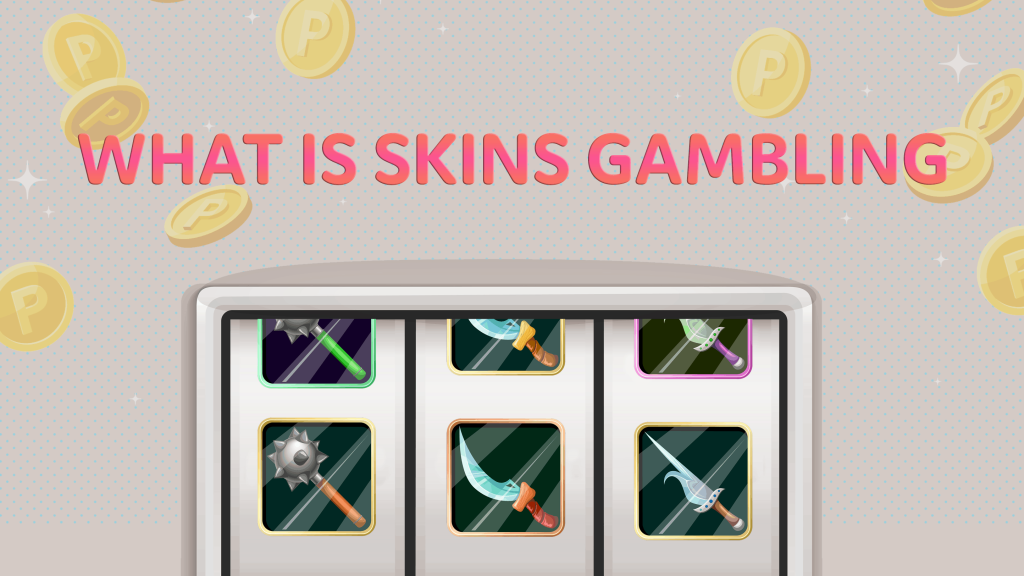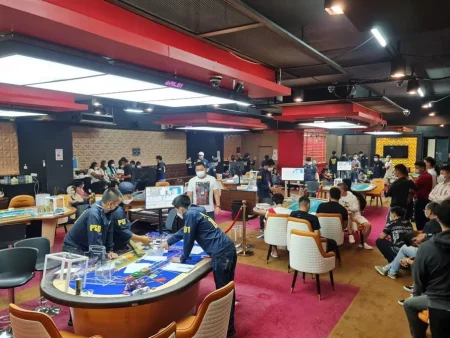Skin gambling is the practice of wagering with virtual in-game items, usually cosmetic skins for characters or weapons, instead of cash. Players usually obtain these skins from games such as CS:GO, Dota 2, or PUBG. They can buy, earn, or trade them in-game. Skins acquire real-world value by player demand and rarity, though purely aesthetic in gameplay. This value lets skins to function as a kind of currency outside the game.

Players typically deposit their skins through linking their Steam or gaming platform inventory to the site on skin gambling websites. The site converts the value of the skins into virtual credits or tokens. Players can then use these credits, similar to casino chips, to bet on different games of chance. Common options include roulette spins, coin flips, jackpot draws, or even esports match outcomes. They receive skins of equal or greater value as the payout, if a player wins. Players lose their staked skins if they lose. They often receive winnings as new skins added to their Steam inventory, which they can later sell or trade. In essence, skins serve as the stake prize, and currency of this gambling ecosystem.
For instance, a player might wager a $100-valued sniper rifle skin on a roulette spin. They could win a rarer skin worth $300 if lucky. If not, they lose their rifle skin. Importantly, third-party marketplaces allow players to convert the skins into cash, even though no real money changes hands directly on these sites. Some sites facilitate this through allowing players cash out their skin balance through PayPal or credit card by using skin resale services. This means a teenager could start with a few video game items and, by betting, end up with skins worth serious money, or vice versa, all outside any regulated banking system.


